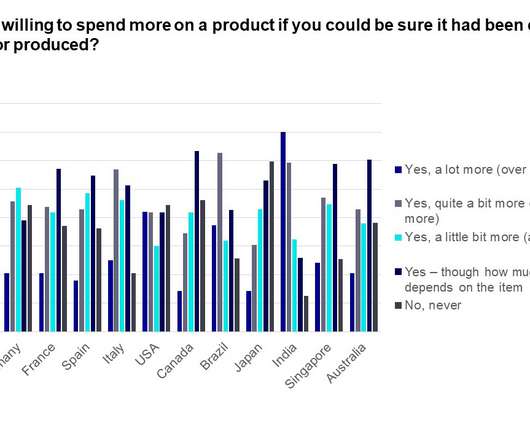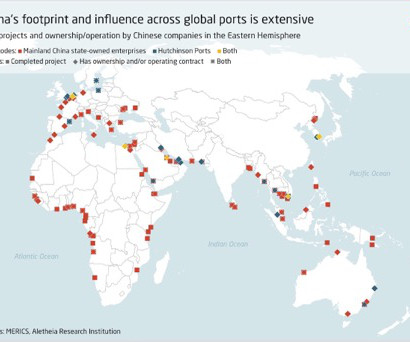7 Use Cases for Hyperledger in Supply Chain
Supply Chain Shaman
JANUARY 9, 2017
After publishing a series of reports on visibility, I facilitated a dinner between two major manufacturers. One dinner participant laughed as he said, “The more efficient we try to make procurement, the more we screw it up!” Background. This realization hit me after completing two years of research.






















Let's personalize your content